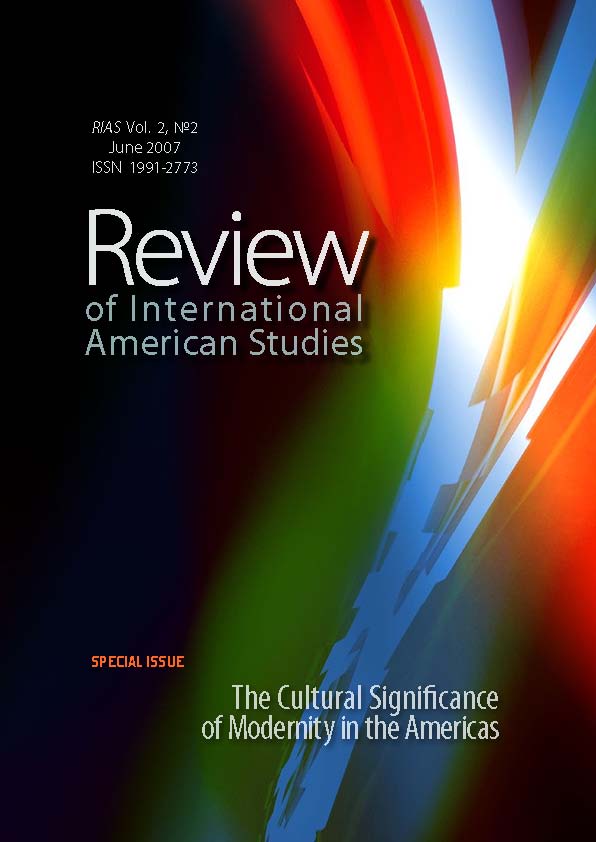Japonisme and Modernist Style in Afro-Caribbean Literature: The Art of Derek Walcott
Japonisme and Modernist Style in Afro-Caribbean Literature: The Art of Derek Walcott
Author(s): Anita PattersonSubject(s): Language and Literature Studies, Studies of Literature, Other Language Literature, Cultural Anthropology / Ethnology
Published by: Wydawnictwo Uniwersytetu Śląskiego
Summary/Abstract: According to the art historian Gabriel Weisberg, Japonisme may be regarded as a type of ‘East-West Renaissance … a latter-day example of the kind of cultural diffusion which occurred during the Renaissance, when the excitement of classical discoveries stimulated imitation and veneration’ (Weisberg, 1975: 43). In contrast to more gradual, diffuse eighteenth-century movements such as Orientalisme or Chinoiserie (both of which are forms of intercultural encounter that took place within the broader political and socioeconomic contexts of colonization and imperialism), the earliest, exoticizing phase of Japonisme, which Elisa Evett defines as Japonaiserie (in which Japanese objects were used ‘as props for conjuring up fanciful visions of Japan’) began with the initiation of diplomatic ties with Japan in 1854 (Evett, 1982: viii). In another recent study, Yoko Chiba argues that Japonisme may be distinguished from this earlier phase by ‘a shift away from exoticism, to imitation, to absorption’ (Chiba, 1998: 3).The widening engagement with Japanese art and literature in various cosmopolitan centers of avant-garde activity such as Boston, New York, London, and Paris, gradually colored the diverse styles of modern and modernist poets in the United States, and the poet most often credited for nurturing this development is Ezra Pound (Miner, 1958: 108–155; Kodama, 1984: 32). According to Zhaoming Qian, early Imagists such as T. E. Hulme and F. S. Flint were first drawn to Japanese versification when they read translations of tanka and haiku poetry rendered by French Symbolists. Pound’s study of Japanese poetics probably began when he joined Hulme’s Poet’s Club in London shortly before WWI, or from these earlier French Symbolist translations, although his preference for the term “hokku” (as opposed to the modernized French, “haiku”) suggests that the former is the case (Qian, 1995: 17–18; Flint, 1915: 70–71).
Journal: Review of International American Studies
- Issue Year: 2/2007
- Issue No: 2
- Page Range: 19-24
- Page Count: 6
- Language: English

